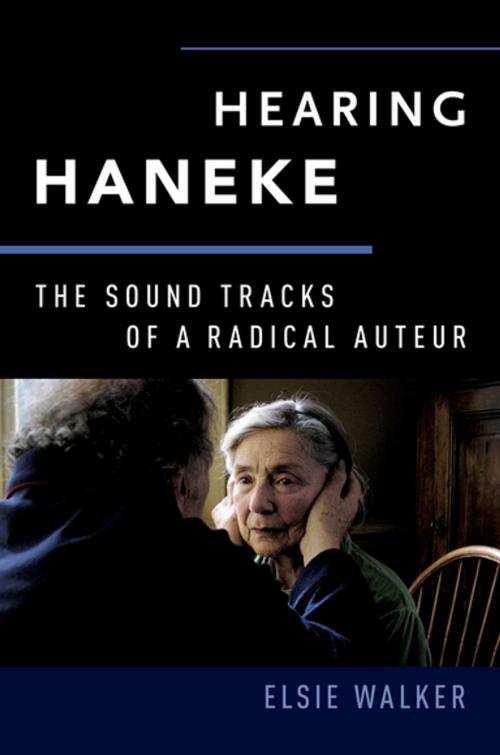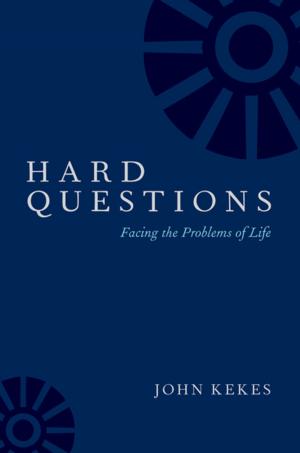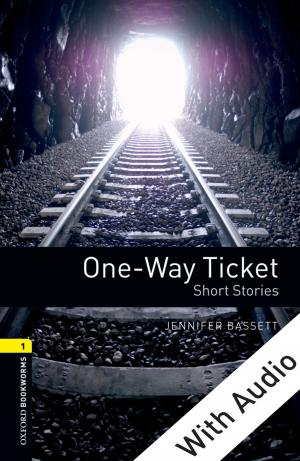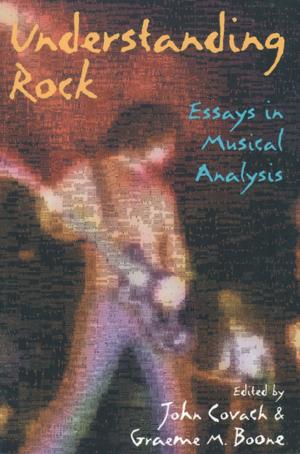Hearing Haneke
The Sound Tracks of a Radical Auteur
Nonfiction, Entertainment, Music, Theory & Criticism, Appreciation, Art & Architecture, General Art, Art Technique| Author: | Elsie Walker | ISBN: | 9780190495930 |
| Publisher: | Oxford University Press | Publication: | December 5, 2017 |
| Imprint: | Oxford University Press | Language: | English |
| Author: | Elsie Walker |
| ISBN: | 9780190495930 |
| Publisher: | Oxford University Press |
| Publication: | December 5, 2017 |
| Imprint: | Oxford University Press |
| Language: | English |
Michael Haneke's films subject us to extreme experiences of disturbance, desperation, grief, and violence. They are unsoftened by music, punctuated by accosting noises, shaped by painful silences, and charged with aggressive dialogue. The sound tracks are even more traumatic to hear than his stories are to see, but they also offer us the transformative possibilities of reawakened sonic awareness. Haneke's use of sound redefines cinema in ways that can help us re-hear everything-including our own voices, and everything around us-better. Though Haneke's films make exceptional demands on us, he is among the most celebrated of living auteurs: he is two-time receipt of the Palme D'Or at Cannes Film Festival (for The White Ribbon (2009) and Amour (2012)), and Academy Award winner of Best Foreign Language Film (for Amour), along with numerous other awards. The radical confrontationality of his cinema makes him an internationally controversial, as well as revered, subject. Hearing Haneke is the first book-length study of the sound tracks that define this living legacy. This book explores the haunting, subversive, and political significance of all aural elements through Haneke's major feature films (dialogue, sound effects, silences, and music), all of which are meticulously conducted by him. Many critics read Haneke as coolly dispassionate about showing scenes of humanity under threat, but Hearing Haneke argues that all facets of his sound tracks stress humane understanding and the importance of compassion. This book provides exceptionally detailed analyses of all Haneke's most celebrated films: including The Seventh Continent, Funny Games, Code Unknown, The Piano Teacher, Caché, The White Ribbon, and Amour. The writing brings together film theory, musicology, history, and cultural studies in ways that resonate broadly. Hearing Haneke will matter to anyone who cares about the power of art to inspire progressive change.
Michael Haneke's films subject us to extreme experiences of disturbance, desperation, grief, and violence. They are unsoftened by music, punctuated by accosting noises, shaped by painful silences, and charged with aggressive dialogue. The sound tracks are even more traumatic to hear than his stories are to see, but they also offer us the transformative possibilities of reawakened sonic awareness. Haneke's use of sound redefines cinema in ways that can help us re-hear everything-including our own voices, and everything around us-better. Though Haneke's films make exceptional demands on us, he is among the most celebrated of living auteurs: he is two-time receipt of the Palme D'Or at Cannes Film Festival (for The White Ribbon (2009) and Amour (2012)), and Academy Award winner of Best Foreign Language Film (for Amour), along with numerous other awards. The radical confrontationality of his cinema makes him an internationally controversial, as well as revered, subject. Hearing Haneke is the first book-length study of the sound tracks that define this living legacy. This book explores the haunting, subversive, and political significance of all aural elements through Haneke's major feature films (dialogue, sound effects, silences, and music), all of which are meticulously conducted by him. Many critics read Haneke as coolly dispassionate about showing scenes of humanity under threat, but Hearing Haneke argues that all facets of his sound tracks stress humane understanding and the importance of compassion. This book provides exceptionally detailed analyses of all Haneke's most celebrated films: including The Seventh Continent, Funny Games, Code Unknown, The Piano Teacher, Caché, The White Ribbon, and Amour. The writing brings together film theory, musicology, history, and cultural studies in ways that resonate broadly. Hearing Haneke will matter to anyone who cares about the power of art to inspire progressive change.















